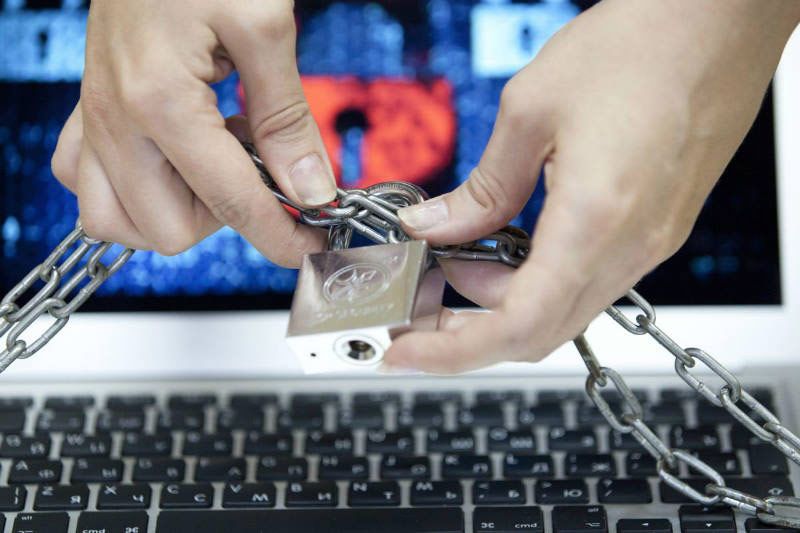The state will take control of the critical infrastructure of Runet

Recently it became known that the critical infrastructure of the Runet will be completely controlled by the state. In order to make this possible, the Ministry of Communications has prepared amendments to the law “On Communications”. Amendments, if adopted, will help maintain sites in the national domain zones .ru and .rf even if technological sanctions are introduced. This will allow the relevant infrastructure to be accessible from the outside.
The draft law indicates the need to create in Russia a national system of root DNS servers, write"News". This, according to lawmakers, needs to be done to prevent the possibility of interference in the work of the Russian segment of the Network. The explanatory note states that "the subsystem provides interaction with similar national root server systems of other states (for example, China)."
If Russia for any reason loses access to foreign servers, then Russians and residents of other states will be able to work with sites from the Russian-language segment of the Internet.
“This will increase network reliability. If five years ago I would consider such a disconnection a theoretical threat, today it seems that there is a similar probability, ”said Andrei Vorobyev, director of the Coordination Center for the national domain of the Internet.
The bill also states that the Ministry of Communications should be part of the founders of the Coordination Center. True, the document does not spell out which share of the KC should the state own. But, according to Vorobyov, these parameters can be defined in by-laws, which the government will prepare a little later. Another point prescribed in the document is that traffic exchange points should belong only to those Russian legal entities where the total share of foreign owners does not exceed 20%. Plus, the communication cable that passes through the state border of Russia can only belong to the company that has a license from a telecom operator in Russia. Today, the situation is somewhat different - there are a number of international companies that own cross-border communication lines laid for their own needs.
If the company owns a cable crossing the border, then, according to lawmakers, it must ensure compliance with the technical requirements established by the Ministry of Communications in coordination with the FSB. This implies the requirements "for the use of specialized traffic control equipment at such crossings."
“We use the Internet, which is controlled from abroad. From there, addresses, routing information are issued. If we draw an analogy with traffic, then we build roads and interchanges, and decide where the road signs will be and how they will work, they decide abroad. It seems to be our roads, but they are managed from nowhere. Therefore, the direction of work is the right one. But we must look at the nuances of the bill and by-laws, ”said Ilya Massukh, head of the Information Democracy Fund.
If you control, then everything
Various officials at different times stated the need to take the Russian-language segment of the Internet under the full control of the government. For example, Oleg Syromolotov, Deputy Minister of Foreign Affairs of Russia on the fight against terrorism, said that for effective work it is necessary to establish full control over the Internet: “Internet governance must be international. Each country in its sector must have sovereignty. The Americans are resisting this under the pretext that they created the Internet and would like to control everything. ”
And the National Anti-Terrorism Committee of Russia (NAC), on behalf of the Security Council of the Russian Federation, created a working group to discuss the regulation of encrypted traffic. And its head becameHead of Roskomnadzor Alexander Zharov. The same group included representatives of all law enforcement agencies, the Ministry of Economic Development, the Ministry of Communications and Industry and industry experts from the Russian Association of Electronic Communications (RAEC).
Well, on July 19, State Duma deputies immediately in two readings adopted amendments to the law "On Information ...". Part of these requirements is the identification of users by phone number. The document spoke of the need "to identify users using a subscriber number on the basis of an identification agreement concluded by the organizer of instant messaging with the telecom operator."
The second part of the amendments regulates the work of anonymizers and VPNs in Russia. They are obliged to add sites with prohibited information to their own black lists. If these resources do not comply with the requirements of the law, then they, in turn, will also be blocked.
PS When commenting on this material, please follow the rules of Geektimes . Please refrain from insults and toxic behavior. Post moderation works in the comments.
